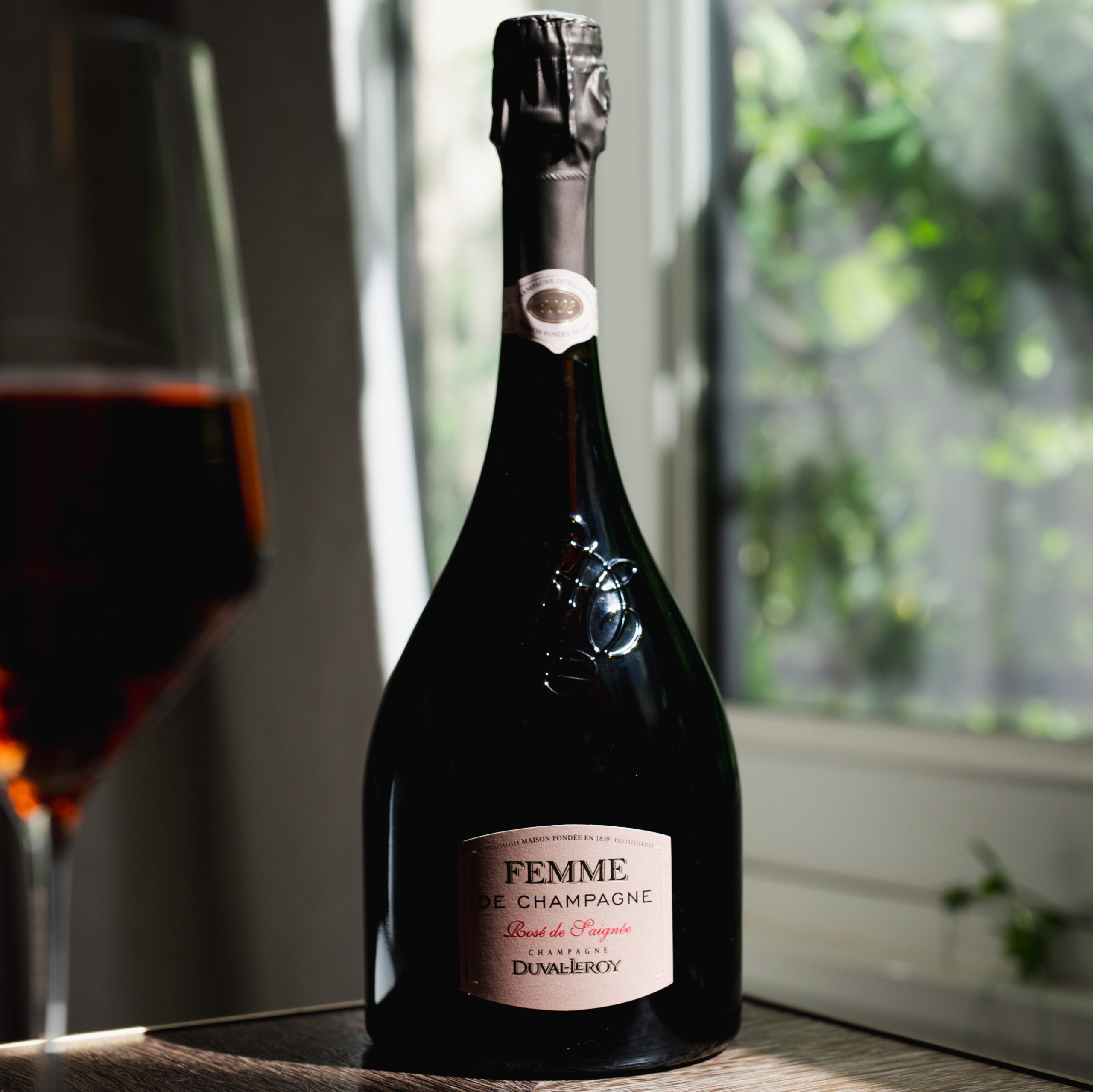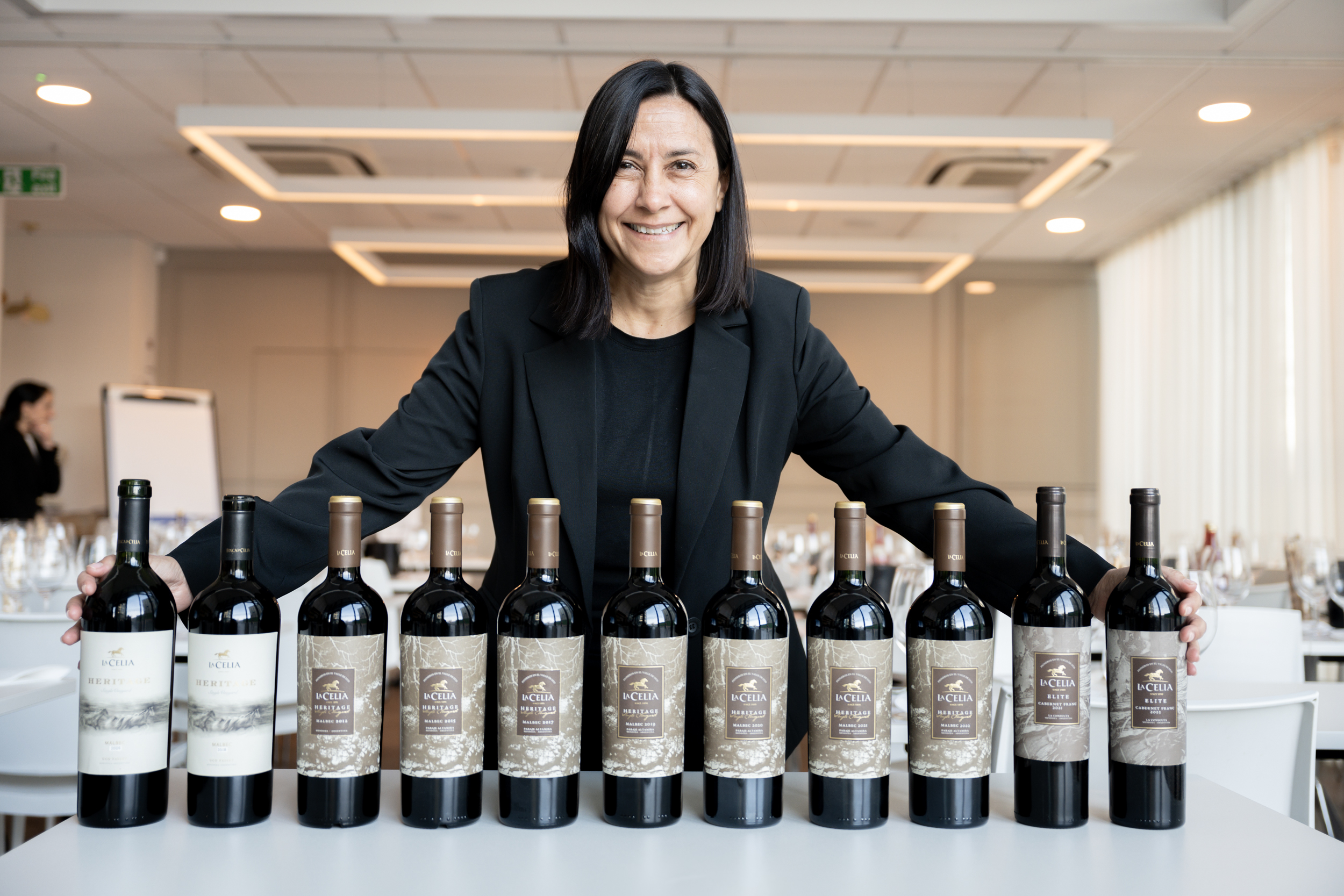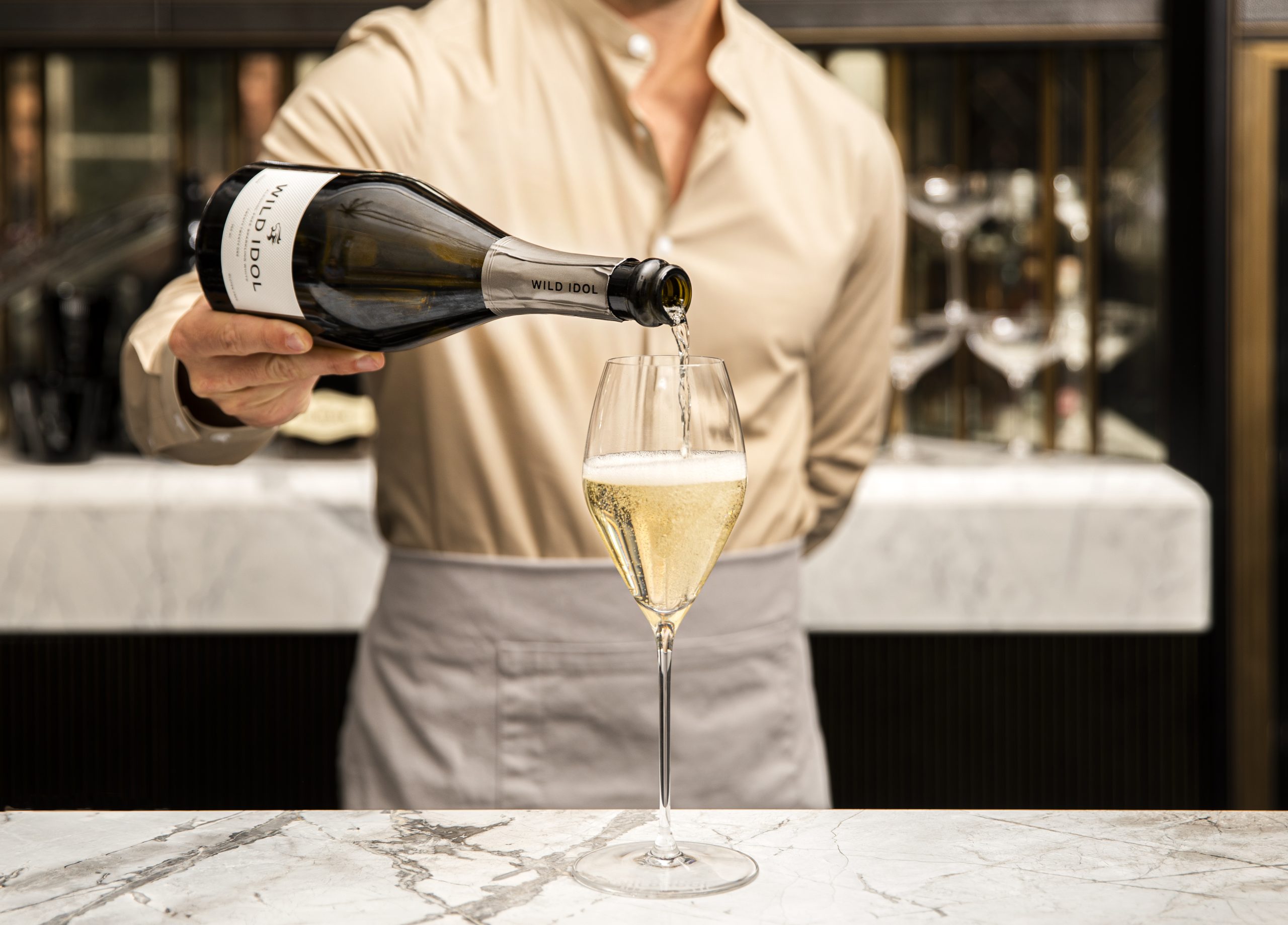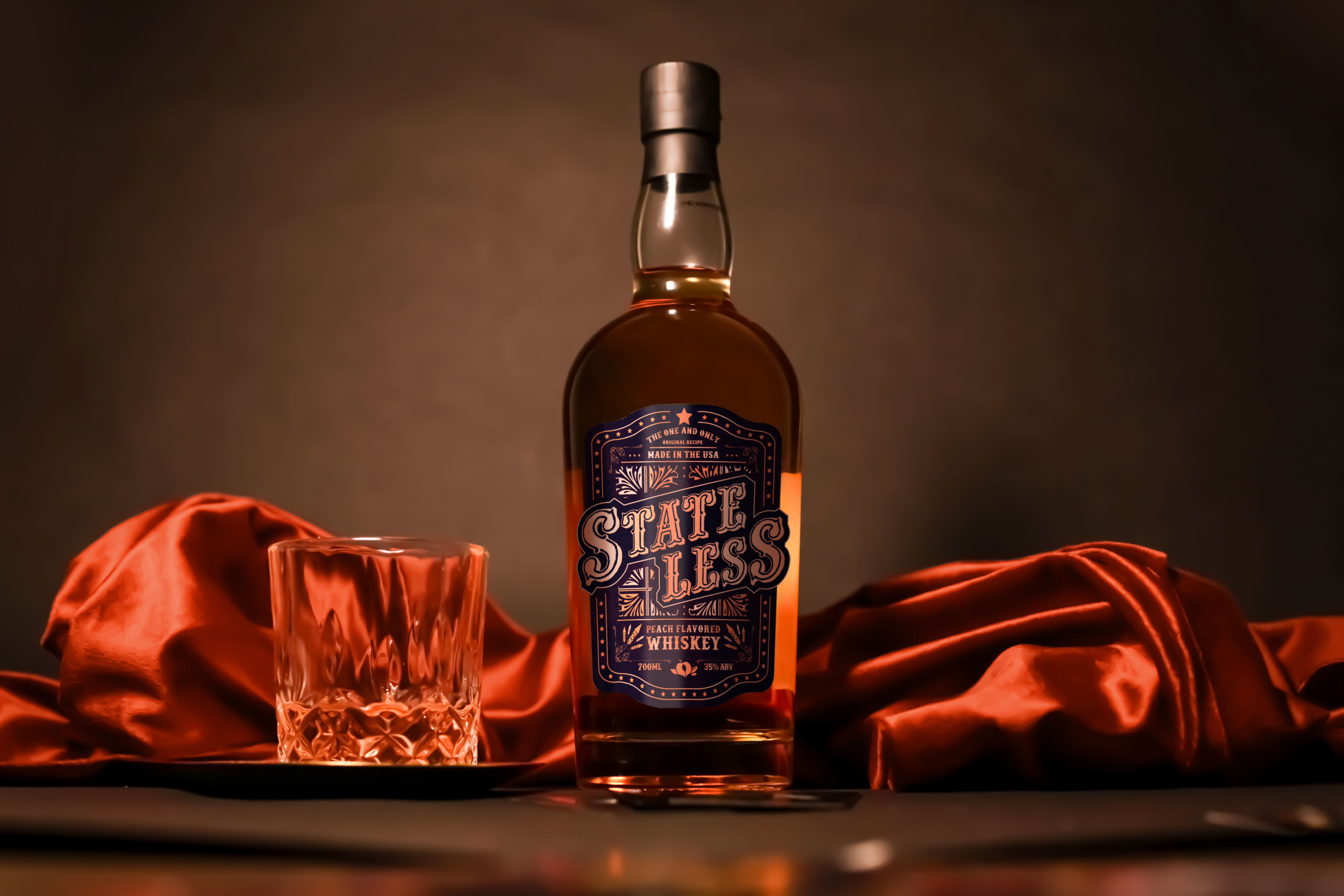This website uses cookies so that we can provide you with the best user experience possible. Cookie information is stored in your browser and performs functions such as recognising you when you return to our website and helping our team to understand which sections of the website you find most interesting and useful.
Harding urges Portugal to go native
By Gabriel StoneJulie Harding MW dedicated her 50 Great Portuguese Wine selection to Portugal’s indigenous grapes, warning that the pursuit of international varieties would represent “a downhill slope” for the country.
Julia Harding MW unveils her 50 Great Portuguese Wines
Unveiling her final selection, which was whittled down from 1,200 wines to a range which included 27 reds, 18 whites, one sparkling and four fortified wines, Harding stressed: “I wanted to choose only wines made from Portuguese grape varieties – I wanted to choose Portuguese wines that were really Portuguese.”
While conceding: “There are some great wines made from international varieties,” Harding explained: “I wanted to show what indigenous Portuguese varieties were able to do.”
Admitting to a “soft spot for central Portugal”, Harding flagged up the Dão and Bairrada as two regions in particular which deserve greater recognition in the UK. Highlighting one grape variety common to both of these neighbouring DOCs, she argued: “Baga can make some great wines.”
As a sign of the ongoing threat to Portugal’s indigenous varieties from more internationally renowned grapes, one of the wines in the selection, Dulcineia dos Santos Ferreira 2005 from Vinhos Sidonio de Sousa, was the last vintage to be produced after the old vine Baga was pulled up in favour of Merlot.
Turning to the country’s white wines, Harding observed: “I’m so glad I managed to include so many,” highlighting in particular the Vinho Verde Vales de Ambrães, Avesso 2011, a wine not currently imported to the UK.
Partner Content
“What I really wanted to show was the Avesso,” Harding remarked, explaining that for the better known Vinho Verde and the Douro regions in particular, she was keen to include a number of wines which “show the diversity within a region instead of the stereotype people have.”
This was a point echoed by Raymond Reynolds, chairman of Portuguese specialist importer Raymond Reynolds Ltd, whose wines made up 10 of the 50 in Harding’s final selection. “Loureiro is still undervalued,” he insisted; “it’s not Vinho Verde in that classical style.”
Likewise Reynolds supported Harding’s view that the Dão is especially worthy of greater attention. “There’s still a lot to be explored,” he remarked, describing the current UK selection as “a tiny tip of the iceberg.”
The 50 Great Portuguese Wines will be available for the trade to taste in Edinburgh on 20 June and Manchester on 21 June.






Absolutely agree, and the same goes for Spain, Italy and Greece: all the Mediterranean countries have unique varieties which can really showcase the individuality of their various regions. The trouble is that the big corporations which control so much of the industry can’t be bothered to invest time and money in developing unusual varieties when they know that they’re ‘safe’ with such as Chardonnay and the ubiquitous Cabernet-Sauvignon.
Well done Julia,
Yes it is a shame that some Portuguese wine producers are moving away from indigenous grape varieties. This will lose the very character of Portuguese wines. I have noticed this more and more on my visits to Portugal